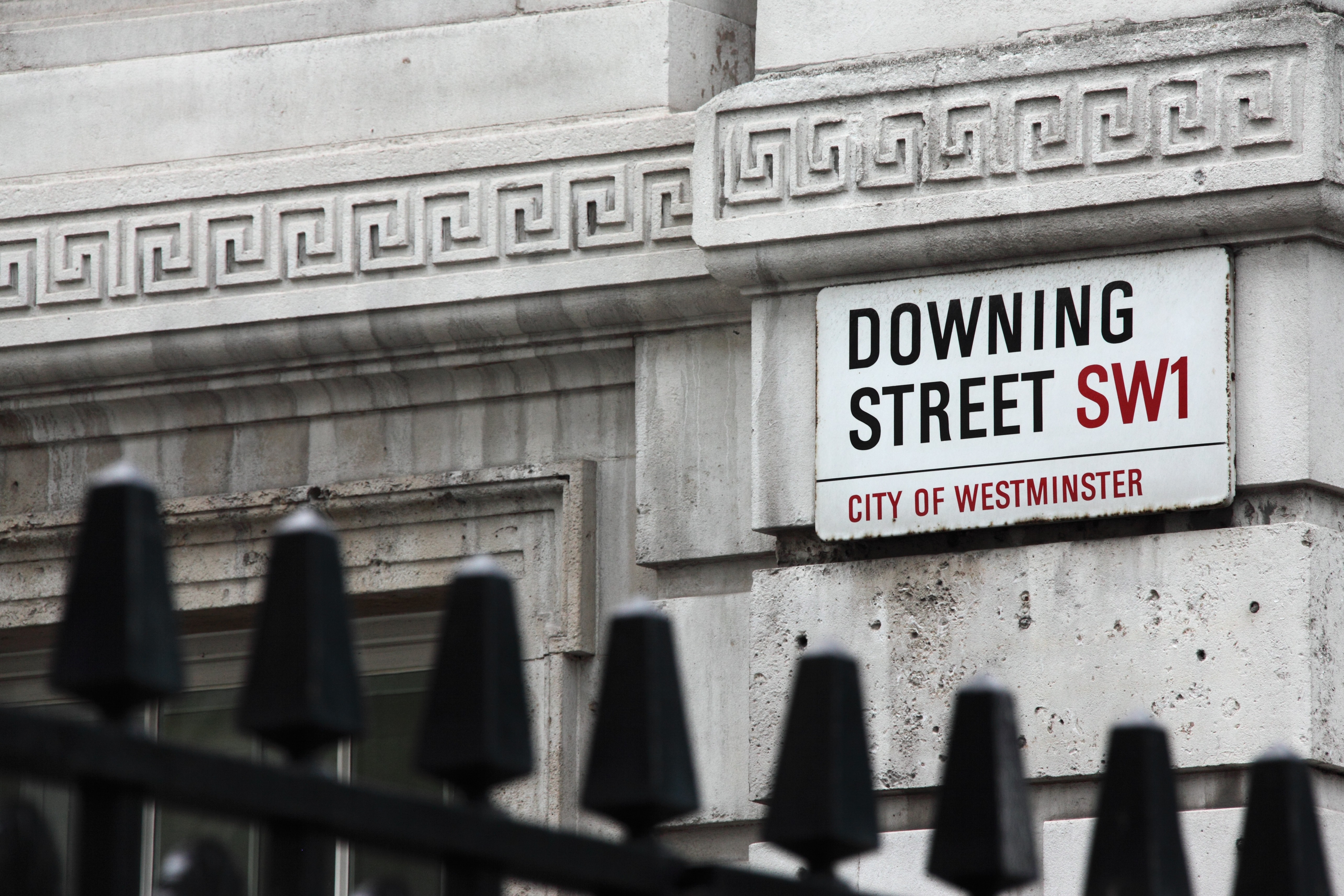UK economic outlook continues to worry fund operators
As the UK’s Treasury delays its Autumn Statement, asset managers and fund operators expressed concern over economic instability due to U-tuns and reputational damage, which have driven volatility in the pound.
Maya Sibul POSTED ON 10/27/2022 2:02:32 PM
 @Pixabay.
@Pixabay.
As new Prime Minister Rishi Sunak – previously Chancellor under Boris Johnson – moves into 10 Downing Street after a speedy appointment, fund operators anticipate difficulties ahead partly due to September’s mini budget, which cause volatility for the pound, as well as larger economic issues.
“It will take a large degree of finesse to get the UK out of this tight spot,” said Mabrouk Chetouane, Head of Global Market Strategy at Natixis Investment Managers. “There are many challenges and emergencies to address in the short-term.”
Looking to the near future, Sunak and his Chancellor Jeremy Hunt’s fiscal statement – which was initially supposed to be released on 31 October – has been delayed to 17 November. The new budget is set to detail the UK’s “medium term fiscal plan to put public spending on a sustainable footing, get debt falling, and restore stability,” said a recent statement by the HM Treasury.
“Soaring borrowing costs and continued pressure on the British currency reflect investors' distrust in the government's ability to keep its sovereign debt on a sustainable path.”
However, Chetouane said that investors are expressing doubt this can be curtailed due to “soaring borrowing costs and the continued pressure on the British currency.” He added that ongoing concern over these issues “reflects investors’ distrust in the government’s ability to keep its sovereign debt on a sustainable path.”
Credibility concerns
Not only are investors distrustful of the government’s stability at the moment, but they are also concerned for the future. Critically, Sunak will now have the task of re-establishing a dialogue with the Bank of England (BoE), whose manoeuvres in recent weeks have been swift and “crucial in maintaining [the UK’s] financial stability,” Chetouane said.
“Having pencilled in a 100 basis-point rate hike in November, we now think that’s more likely to be 75 basis points.”
James Smith, Developed Markets Economist at ING Group, expressed concern that the UK’s energy cap U-turns risk higher inflation and a deeper recession in the long term. For the time being, however, he said that Hunt’s recent economic reversal will reduce the need for the BoE to act as aggressively. “Having pencilled in a 100 basis-point rate hike in November, we now think that’s more likely to be 75 basis points,” he said.
While markets still expect the Bank Rate to peak at 5.2% next summer – in 2023 – this pricing has been curtailed since the fiscal U-turns began. Smith said that this situation leaves the BoE with a difficult decision. If they meet those expectations and keep what are widely seen as uncomfortable mortgage and corporate borrowing rates then they could undershoot investor expectations, and the pound could fall materially, he added.
A plummeting pound
A devalued pound could have significant consequences for asset managers worldwide, who are looking toward today’s European Central Bank (ECB) interest rate decision for additional information on UK-EU exchange rates. If the British pound does continue to plummet, Smith said that weaker currency – and the extra imported inflation it might bring – could be more desirable than the current strains that are starting to emerge as a result of ultra-high borrowing costs.
In his view, policymakers most pressingly face a communication challenge: “[They must] gradually talk down market rate expectations without causing abrupt pressure on the currency." He added that, ultimately, “a 75-basis-point hike in November will be followed by another 50-75 basis-point hike in December,” with the Bank Rate peaking “somewhere between 3.5-4%.”
“Consumer price inflation remains at record levels and its likely to remain so in the coming months, causing continued strain on household consumption.”
Others echoed these concern over the falling pound and cost-of-goods increase. Consumer price inflation “remains at record levels and is likely to remain so in the coming months,” said Chetouane. “This trend will cause continued strain on household consumption – which is already immensely depressed.”
The expected halt of the energy cap in April 2023 casts an additional shadow on household purchasing power and, in turn, on the UK’s macroeconomic outlook for the year ahead. This could mean a precarious outlook for the medium term, and fund operators should prepare for a rocky start to 2023, continuing through the summer at least.
In Smith’s view, however, a continuation of the BoE’s current monetary policy – expected on 17th November – could induce another de facto tightening of financial conditions and default rates, which are already showing signs of increasing. It may be too soon to tell with 100% certainty, but the investment industry is heading into November with a relatively bleak outlook.
It might, however, be the reputation damage to the UK’s market that takes the longest to repair, with rising inflation, the cost-of-living crisis, and uncertainty about tax cuts meaning that financial services could see volatility. Amidst rapid economic deterioration, immediate government rectification including fiscal backing is likely.
Please Sign In or Register to leave a Comment.
SUBSCRIBE
Get the recent popular stories straight into your inbox




